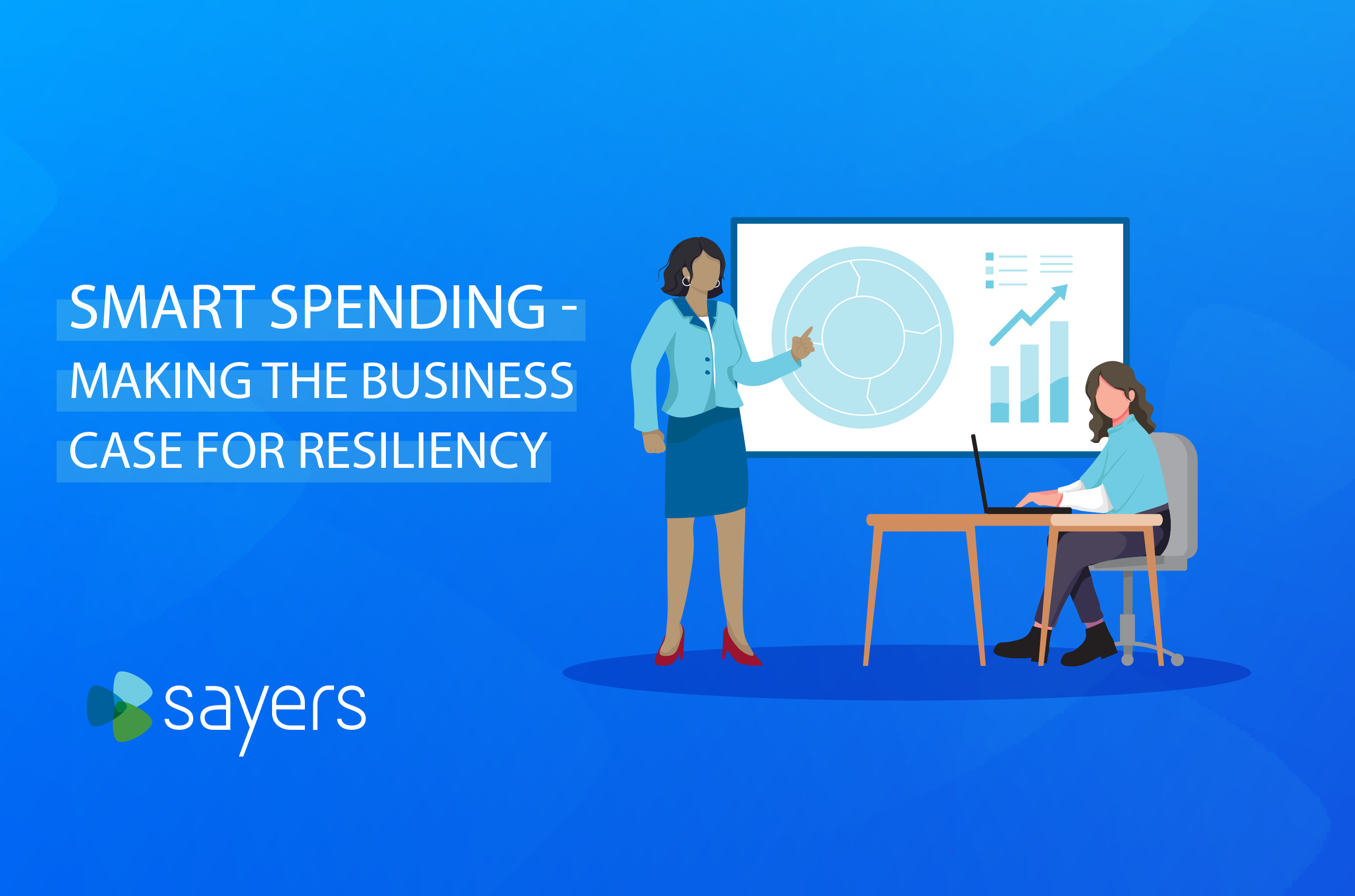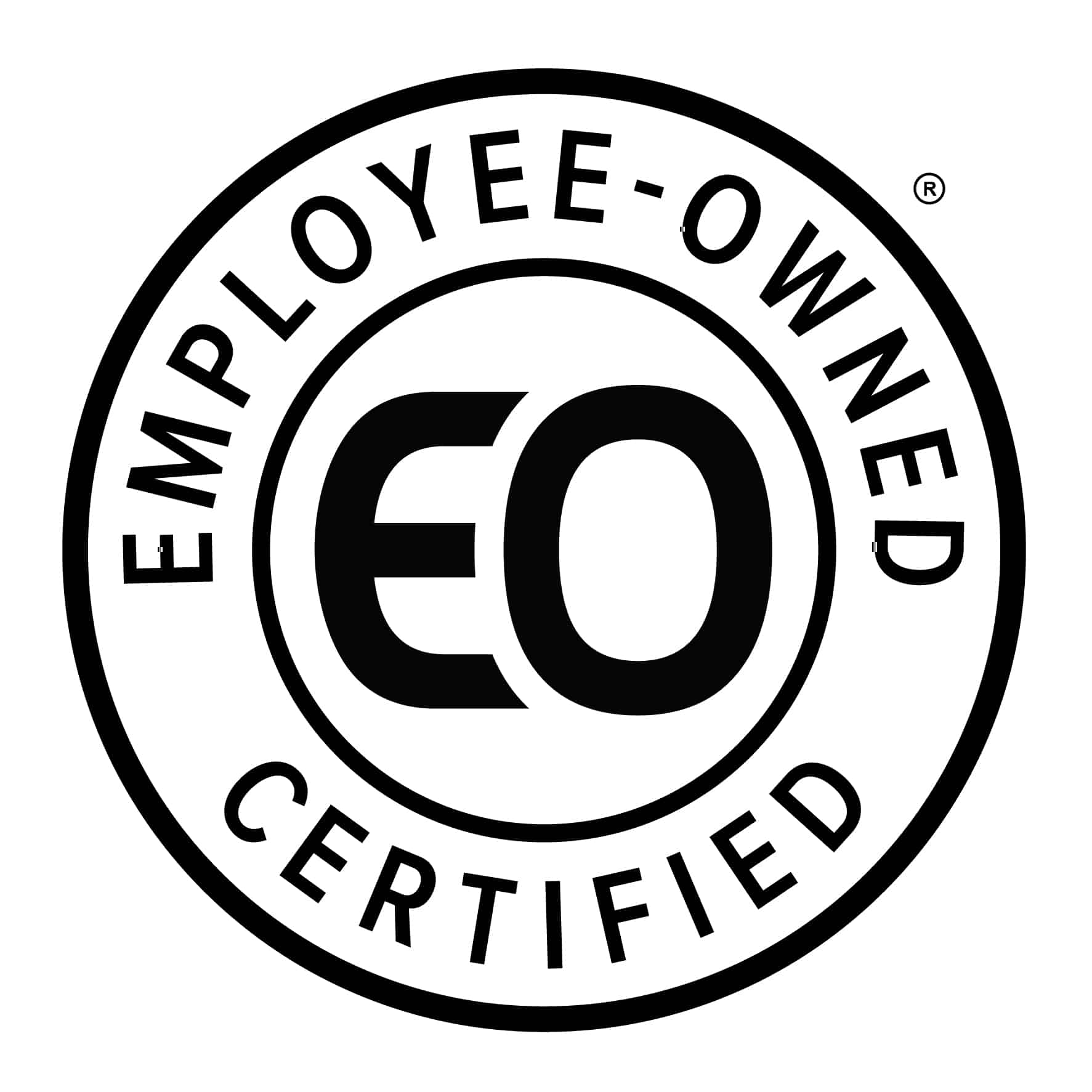Smart Spending – Making the Business Case for Resiliency
Posted December 6, 2023 by Kevin Finch

I have written previously about what Business Resiliency Programs are, and the importance of building, a structured and mature Business Resiliency Program.
“I always say don’t make plans, make options.”
Jennifer Aniston
Budgeting for Business Resiliency
Everything has a price though. Building a Business Resiliency Program isn’t just going to cost you time, it’s also going to cost your business time, and it’s going to cost money. That means you’re gonna have to budget for it.
If your company is like nearly everyone else’s, you can’t just ask for all the money you want to build a Business Resiliency Program and provide no justification for it. So, I’m here to help. Let’s talk a little bit about what it takes to cost-justify a Business Resiliency Program to the people that approve your budget.
“Used correctly, a budget doesn’t restrict you, it empowers you.”
Tere Stouffer, Author
Getting financing for Business Resiliency Programs is always going to be a little bit of an uphill battle simply because it doesn’t tend to be a profit center for your company. Yes, there are companies out there whose Business Resiliency Program is so mature and advanced that they’ve developed marketing campaigns around the resiliency of their business. I admire the professionalism and dedication of people in those companies. But for most of the rest of us, Business Resiliency is something that costs the company money, and that cost needs to be justified.
Depending on the industry that you work in, there may already be outside forces squeezing your company, encouraging you to grow and mature your Business Resiliency Program. If you work in financial services or banking, you’re being regulated into developing your program. If you work in certain kinds of insurance or consumer financing, you probably also have similar regulatory pressures. If you work in precision manufacturing, your Quality or Asset Management departments might have ISO Certification requirements related to Business Continuity. Depending on who your customers are, you may also have requirements being foisted on you for Business Resiliency – that’s particularly true if you are a supplier to large manufacturers or governments.
The pressures of any of those outside forces might be enough on their own to justify building and maintaining a mature Business Resiliency Program. However, even those pressures may not be enough to warrant the expense of building a program. If that’s the case for your company, let’s start looking at the costs of business disruptions.
“The longer you’re not taking action the more money you’re losing.”
Carrie Wilkerson, Author
Costs of Business Interruption
When you start talking about the costs of business interruption, naturally everyone starts thinking about lost revenue. I don’t want to downplay the importance of that, because that is absolutely a factor that should be considered. However, a business interruption of appropriate magnitude could also cause some sort of breach of contract, or could trigger fines or penalties. Depending on your industry and the nature of your business, those fines or contract breaches could be more expensive to your company than any actual revenue you may lose. Additionally, business interruptions can affect your relationships with your customers, your business partners, and your suppliers. They have placed trust in your company and outages can destroy relationships that you have spent years developing. Some of those types of goodwill are less tangible and more difficult to quantify, but they are all things that should be considered if you are trying to justify the expense of building a Business Resiliency Program.
One way of attempting to quantify those impacts is to take a look at different impact categories and figure out who might be impacted by a disruption of your business. Will this impact your customers? Will this impact your suppliers? Would your brand suffer? And for any of these, when would that pain be felt, and how severe would it be? If you are a publicly traded company, would the SEC consider a business outage to be a “Material Impact”?
“The emphasis should be on why we do a job.”
W. Edwards Deming, Father of Modern Quality Systems
Perform a Business Impact Analysis
A key piece of developing your Business Resiliency Program is performing a formalized Business Impact Analysis (BIA). If you’ve done one of those, or if you’re following best practices, and do one annually, then you should absolutely bring that up as part of the cost justification. However, if you’re just trying to get things off the ground, you can do some of that same work to help with that cost justification. You can look at the most important business services delivered by your organization and quantify some of those risks related to a potential business interruption. Look at how much revenue might be at risk, at financial penalties/fines/expenses, and what isn’t covered by your insurance. That should give you a general idea of what business impacts might cost.
I would also recommend taking a quick assessment of how vulnerable your company is to a business disruption. How many single points of failure are you dealing with in your logistics, staffing, or equipment? Can your company easily switch suppliers or business partners If one of them encounters their own business disruption?
The last thing to look at is how prepared your business is to face a potential disruption. Do you have communication plans in place? Have you tested your recovery strategies? (Have you done so recently?) Can you still access critical organizational data during a business disruption?
“Success is dependent on effort.”
Sophocles
I know that sounds like a bit of a chore to get all of that together, but Sayers is here to help. We are now offering a short clinic to help walk you through the process of organizing your thoughts and help cost-justify your program in exactly the way described above. We can meet with you and give you all the tools you need to make that winning business case to your finance team.


